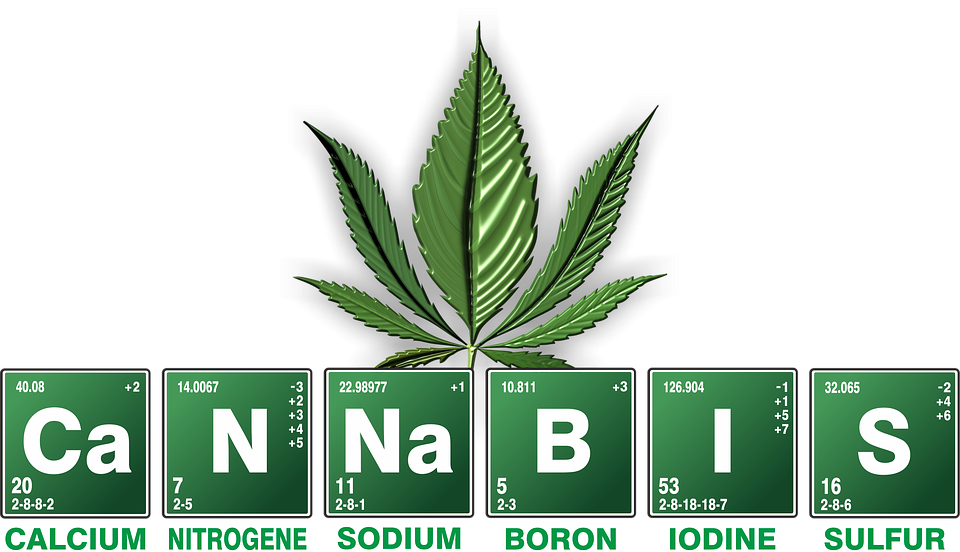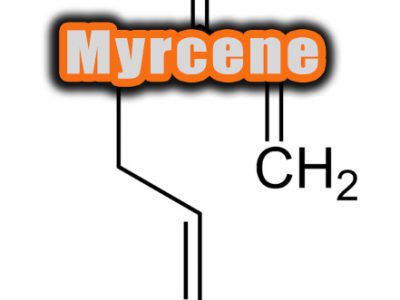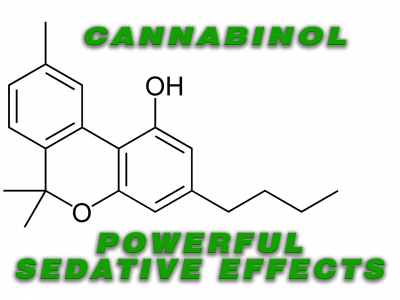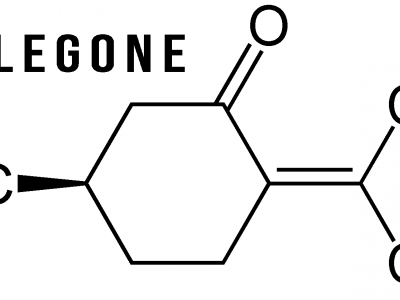CBD-C1 Cannabidiorcol – Synthetic or Natural CBD?

Cannabidiol – CBD is a non-psychoactive component present in the cannabis plant. The compound has generated great interest among scientist and physicians in the past few years. However, the therapeutic impact of CBD on a molecular level is yet to be sorted out.
Some other forms of CBD – Cannabidiol include;
CBD-C1: Cannabidiol – C1
CBD-C4: Cannabidiol – C4
CBDA: Cannabidiolic Acid
Cannabidiorcol – CBD-C1
Following is the chemical information about Cannabidiorcol – CBD-C1
- Formula – C17H22O2
- Molecular Weight – 258
- LogP – 4.4
- Density: 1.073g/cm3
- Boiling Point: 401.6C at 760 mmHg
- Flash Point2C
- Synonym: Cannabidiorocol – O 1821 – Cannabidiorcol
Is Cannabidiorcol natural or synthetic?
There is a difference in Synthetic and Natural CBD. There are CBD Cannabidiol extracts and then there is synthetic CBD Cannabidiol created in the laboratory. Let us have a look at some of their differences.
The subject is usually confusing as CBD isolate or CBD single molecule is derived from both synthesized in the lab or from plants. However, it should be clear that the entire CBD contain various cannabinoids and not just one single molecule. Chemically, the synthetic CBD compound is quite identical to CBD which is naturally-derived.
What is natural CBD?
Natural CBD is the Cannabidiol that is derived from plants. Usually, it contains a quite complex mixture of minor cannabinoids, flavonoids, and terpenes that provide each plant its unique characteristics along with the healing profile.
The CBD may get extracted in different ways but the best way is the CO2 extraction as it helps in preserving the cannabinoids in the original form. This is particularly true for acid cannabinoids such as CBDA. So far, almost 100 natural cannabinoids have been identified in Cannabis Sativa. Out of these, 7 are classified as CBD-type compounds which also include CBD.
- Cannabidiolic acid – CBDA
- Cannabidivarinic acid – CBDVA-C3
- Cannabidiol-C4,
- Cannabidiorcol – CBD-C1
- Cannabidivarin – CBDV.
While several studies have already been conducted on the medicinal benefits associated with CBD Cannabidiol. A much fewer are done on the several other minor CBD-type compounds. Considering the scientific method to individuate and separate every module often neglects the fact that these compound act in a synergy that is referred as entourage effect.
Is whole plant or Natural CBD is better than Synthetic CBD?
So far no death incident is reported by the intake of whole plant cannabis overdose. Indeed, the quantity of the compound does matter as in some studies higher dose has aggravated the issue instead of alleviating the symptoms.
As per the research team from Israel, they received surprising results when they compared the whole plant to one molecule CBD along with ‘Avidekel’ the whole plant extract contained 17.9% CBD, 1.1% cannabichromene CBC, 1.1% THC, 0.2% Cannabigerol CBG and traceable amount of CBDV Cannabivarol.
This study, which was focused on pain relief and inflammation, concluded that the dose amount needed for the same effects of relieving pain was quite less in the natural CBD than synthetic CBD.
While on higher dosage scale, synthetic CBD lost its efficacy and natural CBD reached the medicinal plateau while held steady in terms of effectiveness. Thus, the team concluded that natural CBD is superior to treat inflammatory conditions!






